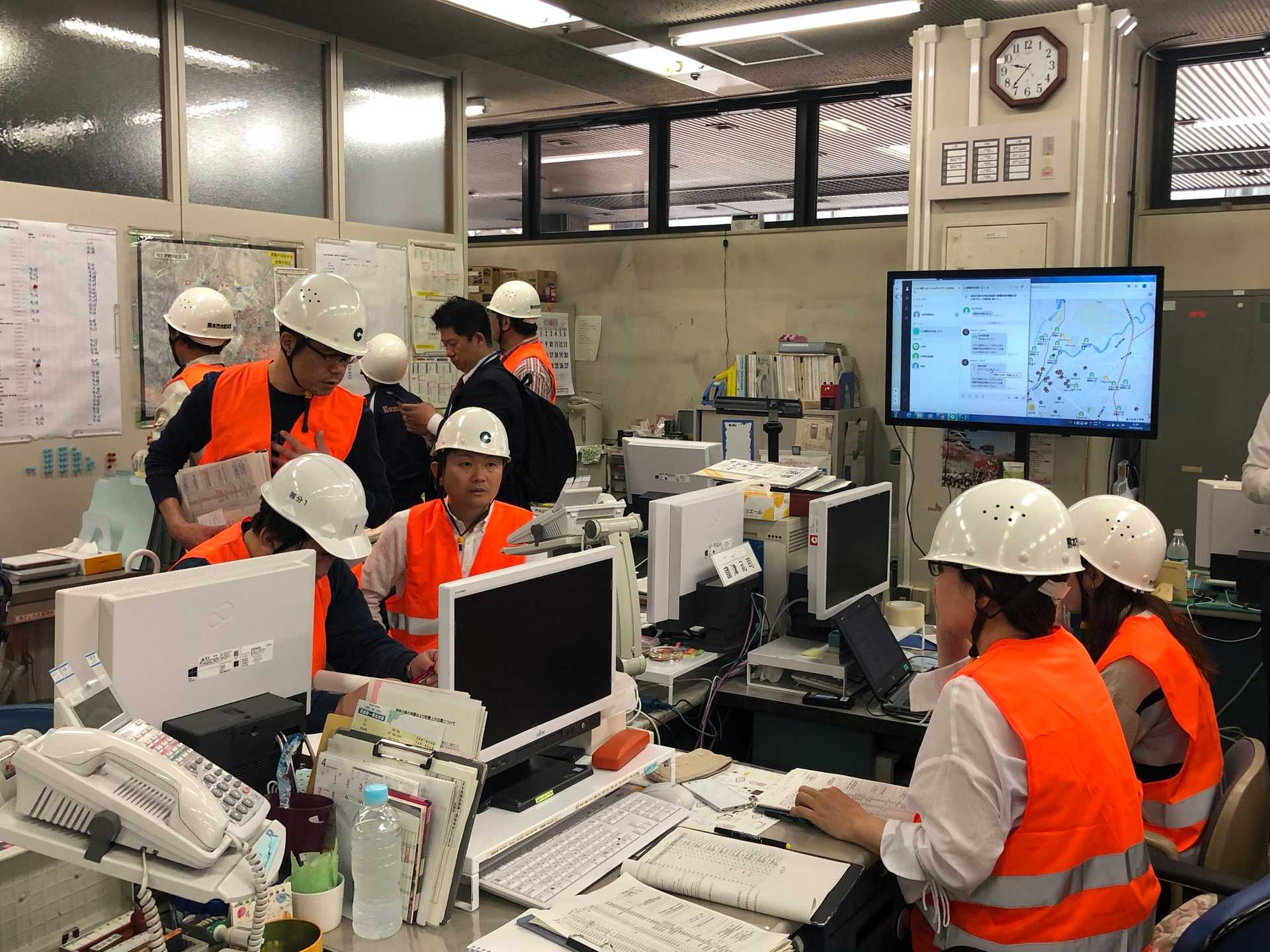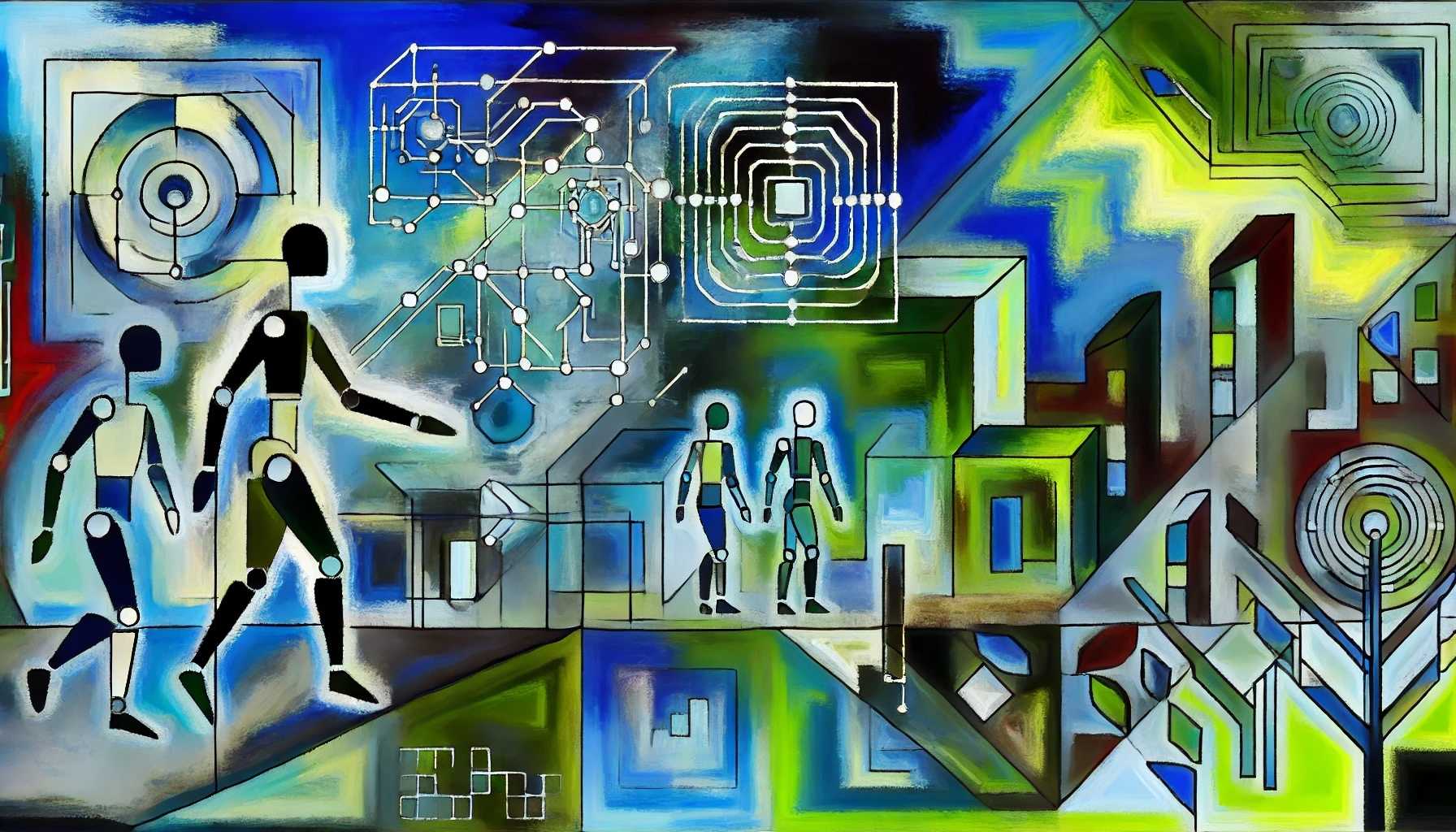
Disaster triage
Situational awareness during disaster response is crucial for efficient assistance as it enables rapid delivery of assistance during the acute phase of a disaster. A recent assessment by Johns Hopkins Applied Physics Laboratory provides a technological road map for delivering AI-enabled technologies that could aid in situational awareness during disasters. These capabilities are already developed in projects like the MIT Urban Risk Lab's collaboration with Japanese cities to automate real-time disaster triage, piloting open source AI tools that process incoming disaster information from various sources, aiding disaster managers in prioritizing critical areas. The project includes workshops to refine AI outputs, align tasks with city protocols, and enhance decision-making. Supported by Google.org and partnered with the University of Tsukuba and Mercy Corps, REACT AI aims to improve disaster response and resilience through open-source datasets and methodologies.
As AI-enabled tools for better situational awareness during disasters are more widely available, cities and their residents will be able to deploy hazard response resources far more effectively, increasing resilience where it is needed most and reducing harm and damage.


